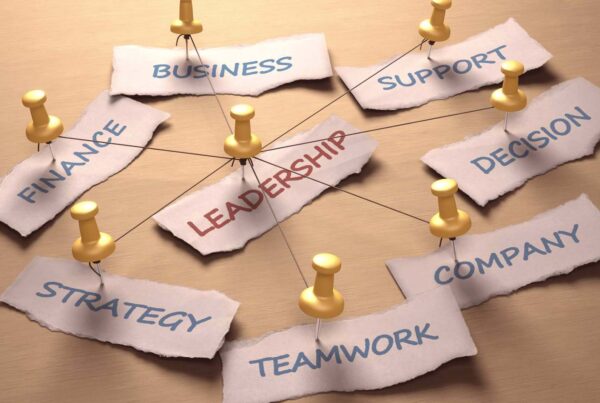Driven in large part by the many technological advancements of the past decade and a half, we can safely say that the traditional model of rewarding employee loyalty with lifelong permanent employment, is no longer a viable or sought-after option.
In recent years, more and more businesses are turning to their company culture as a key ingredient in generating competitive advantage and success. Excellent company culture is not only able to attract but also retain top talent. It will provide value to the organization and will inspire innovation. And equally as important, it will increase employee loyalty, making them more productive and can even turn them into your company’s advocates.
Any good company culture will start with a clear vision. A vision cannot create or sustain a lifestyle, on its own. For something like that to happen, the inherent values behind that vision will need to inspire the right emotions so they can, in turn, bring on new behaviors. When it comes to people; change and new routines are somewhat synonymous, each of which reinforces the other in a sort of positive feedback cycle.
Recommended: Innovative Leadership: Why You Should Be Treating Your Work as Art
After all, a business is only as good as its employees and just by changing their behavior in the right direction, can a company say that it’s genuinely growing. So, how can business leaders make this transition happen?
Empathy in the Workplace
According to the Merriam-Webster Dictionary, empathy is described as “the action of understanding, being aware of, being sensitive to, and vicariously experiencing the feelings, thoughts, and experience of another of either the past or present without having the feelings, thoughts, and experience fully communicated in an objectively explicit manner.”
In other words, empathy is the ability to comprehend and anticipate someone else’s thoughts, feelings, perceptions, and displeasures at a deep emotional level. It shouldn’t come as a surprise that the most effective HR managers have automatic empathy, or more commonly known as emotional intelligence. Good product leaders also possess the skill of anticipating customer reaction to their products – another form of empathy.
Recommended: Employee Engagement: Your Secret Weapon
But as a leader of people, empathy will not generate the desired results in a vacuum or the empathizer’s mind. It needs to be expressed so that your employees are aware of it. You can’t merely state your feelings of empathy and hope for the best. You will need to show it in a more meaningful way – namely, appreciation.
Anyone who has tried it can attest to the fact that a pat on the back after a hard day’s work and a thank you for a successful project can go a long way. These simple, yet active forms of appreciation and recognition can have almost unknown effects on employee morale, motivation, and by extension, productivity and the company’s culture.
The reason why expressing your empathy through appreciation is so compelling is because it does multiple things at the same time. For starters, it will reinforce the right behaviors that are in tune with your company culture. Secondly, giving thanks is a form of positive feedback that tells your employees that they’re on the right track. It can also break many social and emotional barriers and create trust and social bonds. Last but not least, appreciation for one’s work feels good.
The reason why expressing your empathy through appreciation is so compelling is because it does multiple things at the same time.
Your insight inspires others
It is through empathy that you, as a leader, can understand at an emotional level the scope of morale your staff has. It is through insight that you can inspire and align them with your company culture. It is through empathy that you can make them happy without having to pay for their loyalty.
If you want to learn more about empathy and how to apply it in the workplace, let’s connect: https://meetme.so/GregNichvalodoff or greg@inscapeconsulting.com.









